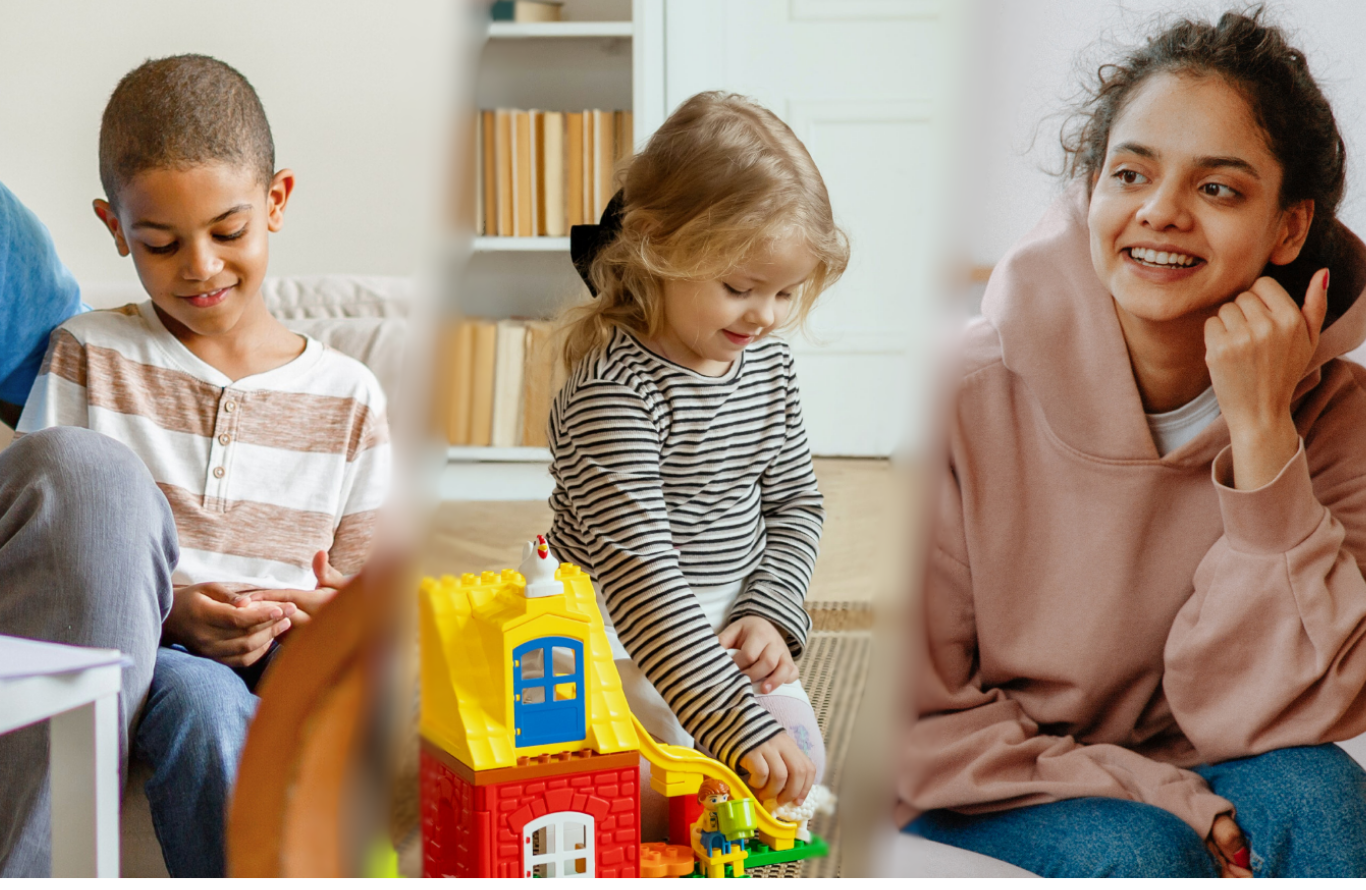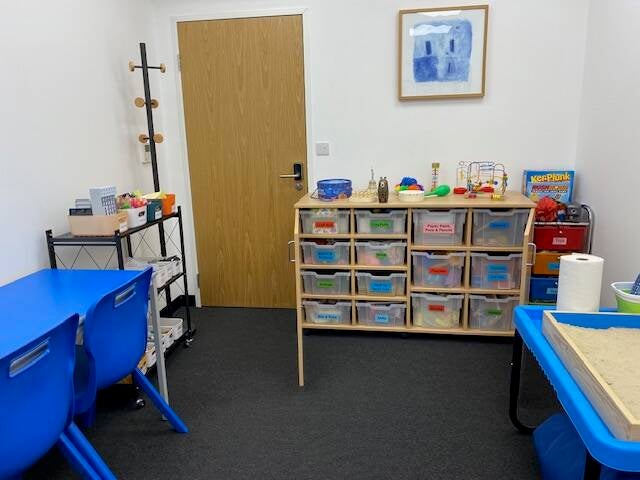
Shrafeddin's Therapy
children • adolescents • families
Welcome to Shrafeddin’s Therapy Surbiton
Childhood and adolescent experiences can be complex. I use a dynamic approach which tailors therapy to be age-appropriate and sensitive to each developmental stage. It takes place in a safe, non-judgemental space with a compassionate and client-centred approach. I aim to empower children and young people to overcome challenges and thrive in their lives.
Counselling helps young people address a range of issues, such as: anxiety, depression, trauma, grief, behavioural challenges; social or academic struggles. Early intervention can help young people navigate these complexities and improve their ability to cope and thrive.
Counselling offers a safe space to process events, helping to reduce symptoms of stress and anxiety. It promotes personal growth and self-awareness helping adolescents navigate their developing sense of self, autonomy and belonging.
Morag Shrafeddin

Through therapy, I support children, adolescents and families develop skills and confidence to work through challenges, including:
- Worries and Anxieties
- ADHD/ASD
- Family Issues
- Traumatic Experiences
- Self-Esteem
- Social Challenges
- Behavioural and Emotional Struggles
- Communication Difficulties

Morag provided my teenage daughter with a safe and non-judgemental space to talk during a difficult time at home and school. Her warm and friendly approach quickly put my daughter at ease and built trust. While the client relationship was with my daughter, I appreciate the time Morag took to understand our concerns as parents at the start and that we were able to maintain a dialogue throughout.


Children
Counselling for children differs significantly from adults because children often lack the vocabulary or cognitive development to articulate their emotions directly.
Creative play therapy helps children communicate their thoughts and feelings more freely. Toys, art materials and games allow children to externalise their thoughts and work through challenging emotions. Non-verbal cues, expressed through play, align more with a younger client’s natural mode of expression.

Adolescents
Adolescents may experience intense, troubling feelings and challenges. An empathic, non-judgemental approach helps them feel understood and accepted.
Counselling with adolescents focuses on helping them articulate their experiences, build coping strategies and improve self-awareness. Engaging adolescents in this way, builds trusting relationships, a key element of effective therapy.

Families
As a family counsellor who trained with Relate, I am passionate about helping families navigate life's challenges and build stronger, healthier relationships. I aim to support families through communication struggles, conflict resolution, parenting issues and emotional well-being. My approach is rooted in empathy, understanding and creating a safe, non-judgmental space for all family members to express themselves.

Benefits
- Counselling can improve children and young people’s social skills and relationships.
- Young people can develop emotional resilience, healthier coping strategies and build their self-esteem, foster a more-positive self-image, as well as learning to manage stress, reduce behavioural outbursts and understand their emotions more.
- Family counselling can offer your family the tools and skills needed to communicate better, resolve conflicts and strengthen bonds.
Counselling Modalities
As an integrative counsellor and psychotherapist, working with children and adolescents, I am trained to use a range of therapeutic modalities to meet the unique needs of children and young people.
Each of these approaches offer distinct benefits. While CBT provides tools for managing thought patterns, psychodynamic therapy delves into past experiences to understand behaviour. Person-centred therapy and play therapy offer gentle, child-led ways to express and explore feelings, while Theraplay strengthens family connections.
The right modality often depends on the child’s age, personality, and specific challenges.

Morag is a wonderfully kind and empathetic therapist; she was brilliant with my child and tailored our sessions to suit his needs. I learnt lots of new skills for bonding with my son and highly recommend her.

Sessions & Fees
Initial Session
Following an initial, introductory telephone conversation, the first face-to-face session would be with me and the parents/carers. The child or young person would not participate in this initial session as the aim is to gain an understanding, from you, of the child or adolescent's background and presenting issues.
With an adolescent, a separate face-to-face session with them independently, would then take place to hear first hand their experiences and challenges.
With a younger child or an adolescent who is reluctant to participate in a one-to-one session, the second session would be with an appropriate adult.
As a family counsellor, it may vary who attends the first session/s, although it is likely to be the parent/s alone.
It is important that as part of this information gathering process, there is a sense that the child or young person feels comfortable and is likely to be able to form a therapeutic relationship, as this is a vital part of our work together.
Both assessment sessions are at a reduced cost of £60 each.
Ongoing Sessions
Ongoing sessions are 50 minutes each week. They take place in my therapy room in Surbiton.
Fees are £75 per session.



Liberty House, 81-83 Victoria Road, Surbiton, KT6 4NS